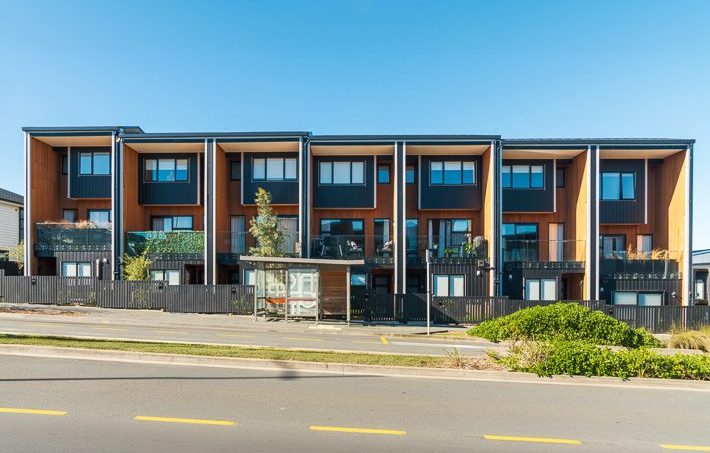
Fees overhaul
Property Council New Zealand believes an overhaul of development contribution fees will pave the way for more commercial viability, and the construction of much-needed homes across the country.
Leonie Freeman, council chief executive, says with housing affordability an increasingly pressing issue, this reform could go a long way in ensuring that development is not unnecessarily hindered. She notes that development contribution fees have a significant impact on growth, both positively and negatively.
“Recently, some councils raised these fees by an astonishing 289%, pushing the total cost to approximately $100,000 per home, ultimately adding to the final purchase price for buyers. These increases are unsustainable and limit the ability to address the growing housing shortage.
“For too long, development contribution fees have lacked consistency, been used to fund infrastructure unrelated to the development area and remained entirely
at the discretion of councils. This has led to unpredictable and, at times, unjustifiable costs for developers and, ultimately, home buyers,” says Leonie.
Spending focus
The new system promises to focus on ensuring development contributions are spent directly on infrastructure tied to the specific development areas.
“We’re encouraged that the new system aims to ensure development contributions are dedicated to infrastructure spending related to the area being developed.
In the past, we’ve seen fees collected in Drury [Auckland] used to fund projects like the Devonport Library, an approach that simply doesn’t add up,” says Leonie.
Looking ahead, she expressed cautious optimism about the potential of the new system, should it adhere to core principles. “This reform is an important step towards creating a more sustainable and transparent approach to development in New Zealand. “Our members need a system that guarantees consistent pricing and application across the country, a system that is transparent and well-regulated.
Consistency
Property Council has been a vocal proponent of an independent regulator to oversee development contribution fees and ensure greater consistency.
“An independent regulator will bring much-needed consistency to a system that has long been unpredictable. We hope this step will provide greater long-term certainty for development, benefiting both developers and the communities they serve.”
She adds that if the new system upholds principles of consistent pricing, accountability, and a standardised methodology nationwide under the new regulator, the building industry can look to the future with cautious confidence.
“This reform is an important step towards creating a more sustainable and transparent approach to development in New Zealand.”



